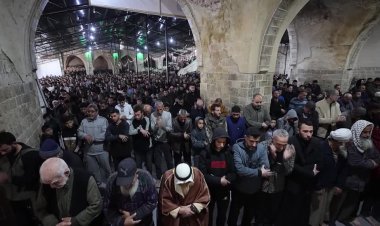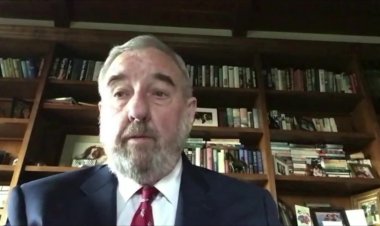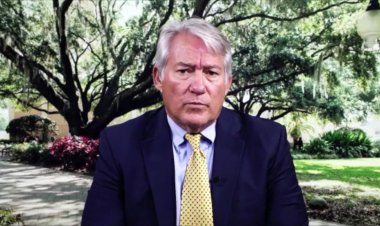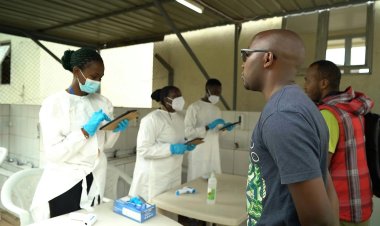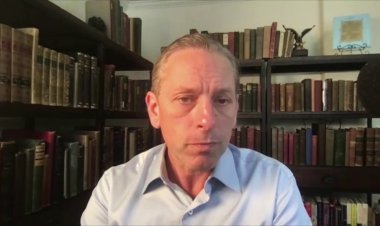Kim touts Russia ties at embassy visit

North Korea's leader Kim Jong Un made a rare visit to Russia's embassy in Pyongyang, where he reaffirmed the "invincible alliance" between the two countries. Kim was accompanied by his young daughter, part of what South Korean intelligence views as plans for her to succeed her father.
Simultaneously, Russian President Vladimir Putin hosted a grand Victory Day parade in Moscow's Red Square, attended by Chinese President Xi Jinping and featuring Chinese troops, Iranian drones, and North Korean military officers. The event underscored the growing camaraderie among nations opposing Western influence.
Recent developments have shed light on the extent of North Korea's involvement in Russia's military operations in Ukraine. Approximately 14,000 North Korean troops have been deployed to assist Russian forces, particularly in the Kursk region, resulting in significant casualties. This marks a notable escalation in the conflict and raises concerns about expanded military collaboration between the two countries.
In a related development, North Korea announced that Kim Jong Un supervised tests of short-range ballistic missile systems simulating nuclear counterstrikes against the U.S. and South Korea. These exercises aimed to enhance the ability of North Korean missile units to respond swiftly in a nuclear conflict.
The deepening ties between North Korea and Russia, highlighted by these events, signal a strategic alignment that could have significant implications for regional and global security dynamics. The involvement of North Korean troops in the Ukraine conflict and the testing of ballistic missile systems underscore the growing military cooperation between the two nations, which could further destabilize the region and heighten tensions with the West.
As the world watches the unfolding events, the strengthening of the North Korea-Russia alliance raises concerns about the potential for increased regional instability and the possibility of a more complex and unpredictable geopolitical landscape in the months and years ahead.




